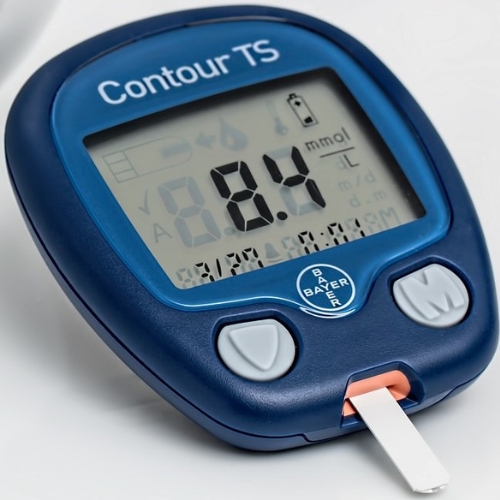Key points from article :
A groundbreaking study from the University of Dundee suggests that a simple eye scan—already used in routine diabetic eye exams—could predict a person's risk of heart attack or stroke up to ten years in advance. Published in the journal Cardiovascular Diabetology, the research used artificial intelligence (AI) to analyse digital images of the retina, the light-sensitive layer at the back of the eye. The AI software was able to generate personalized cardiovascular risk scores in under a second.
Led by Dr. Ify Mordi, a British Heart Foundation research fellow and consultant cardiologist, the study focused on people with type 2 diabetes, who regularly undergo retinal scans to check for diabetic retinopathy. The AI tool was trained on 4,200 retinal images to detect signs like blood vessel narrowing or other subtle patterns that could signal future heart problems. Remarkably, the tool was able to predict major cardiovascular events with 70% accuracy.
The researchers believe this rapid, non-invasive scan could eventually complement traditional risk checks like blood pressure and cholesterol monitoring, helping to identify at-risk patients sooner. Dr. Mordi emphasized the ease of the procedure, noting it takes less than a minute and is already part of routine care for many.
While the findings are promising, experts such as Professor Bryan Williams of the British Heart Foundation and Dr. Clare Jonas of the Stroke Association caution that more research is needed. They highlighted the potential of AI to transform early detection, but noted that clinical integration requires further testing and practical consideration. If successful, this innovation could become a vital tool in preventing life-threatening cardiovascular events.








